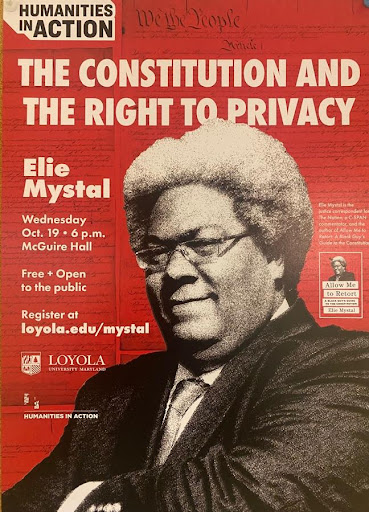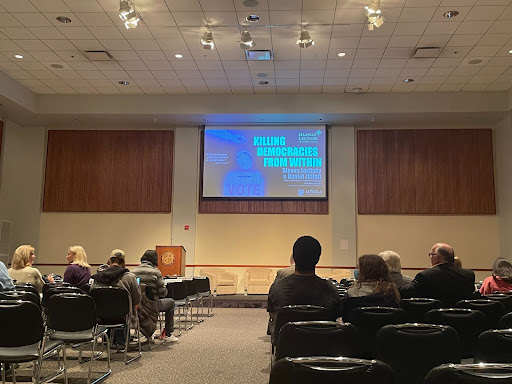On Dec. 6, Ohio state legislature passed a pro-life bill banning abortion after the time at which a fetal heartbeat can be detected. Pregnancy lasts around 40 weeks, and a fetal heartbeat usually develops by the sixth week of pregnancy, according to the American Pregnancy Association. Most women realize they are pregnant between four and seven weeks. The ban is to be enforced on all pregnancies, with no exceptions for cases of rape or incest. The only exception is if the woman’s life would be compromised by the pregnancy.
The governor of a given state must veto a bill within ten days of its passing to stop it from becoming law. This gives Ohio Governor John Kasich until Dec. 16 to do so. Governor Kaisch, who has signed every anti-abortion bill while in office, is not likely to veto the Heartbeat Bill, making it the strictest time-based abortion bill in the nation. Previously, proposed abortion measures have faced opposition. This time, the stipulations went unnoticed when they were attached to a widely supported child abuse bill. As a result, the measure was inadvertently passed.
In a House debate, Republican Representative Jim Buchy said this bill would “give people the incentive to be more responsible so we [can] reduce unwanted pregnancies.” However, according to an article from “The American Prospect,” stricter abortion laws do not lead to a decrease in unwanted pregnancies, but rather an increase in unsafe abortions.
As previously stated by Ohio Senate president and Ohioan Right-To-Lifers in an NPR piece, a ban on abortion after six weeks is most likely unconstitutional. In 1973, the Supreme Court ruled in Roe V. Wade that states cannot prohibit abortion before the fetus is viable, which is usually around 22 weeks.
In February of 2013, NPR reported that The Supreme Court blocked a bill by Arkansas that tried to ban abortion after 12 weeks. However, Ohio’s Republican leaders remain optimistic because President-elect Trump has vowed to appoint pro-life nominees to the empty Supreme Court chair.
This is not Ohio’s first law heavily limiting abortion rights. Other restrictions include a 24-hour waiting period after consultation with a doctor and limits on the clinics that provide abortion services as well as the medical equipment and drugs used during the procedure. These restrictions have shut down almost half of the clinics that provide abortion services in the state. When these clinics close, women lose sexual and reproductive health care and education. As stated by attorney and executive director for the National Advocates for Pregnant Women, “It is shocking each and every time we see an attempt to deny pregnant women their human rights and to treat them and the fact that they are pregnant as a crime rather than a public health issue.”
Sources:
American Pregnancy Association: Pregnancy Week 5
The American Prospect: This Is What Happens When Abortion Is Outlawed
NPR: Ohio Legislature Moves To Ban Abortion As Early As 6 Weeks After Conception
NPR: Federal Appeals Court Blocks Arkansas Ban On Abortion After 12 Weeks
Photo courtesy of Randy Stern via flickr.com












































































































